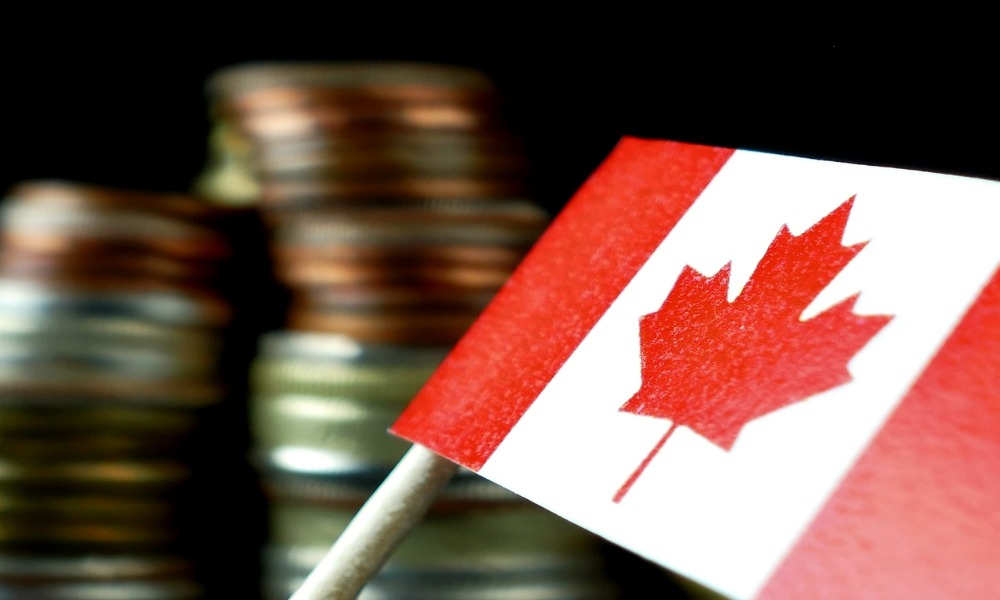Mounting interest rates are offsetting any economic gains stemming from strong employment

After a post-pandemic surge, Canadian GDP growth is likely to slow over the next few months, according to Carrie Freestone and Nathan Janzen of RBC Economics.
A major contributor to the development is the fact that the national economy is beginning to feel the impact of the recent sharp pullback in housing, the analysts said.
“Home resales have slowed substantially following Bank of Canada rate hikes,” Freestone and Janzen noted. “But while the current economic backdrop looks very strong (the unemployment rate is the lowest since at least the late 1970s) rising interest rates are pushing up Canadians’ debt servicing costs.”
Read more: Trudeau shirking Canada inflation fight – Scotiabank
This trend will eventually lead to the erosion of demand.
“Labour shortages are still keeping a cap on production capacity and employment increases have slowed. The surge in the consumer price index to 7.7% in May is cutting into household purchasing power but also putting further pressure on the Bank of Canada to hike interest rates more aggressively,” the analysts explained.
Freestone and Janzen said that the central bank will, in all likelihood, follow the United States Federal Reserve’s lead with a 75-basis-point hike in its next policy announcement on July 13.
“Against that backdrop, growth is clearly set to slow further,” the duo said.



